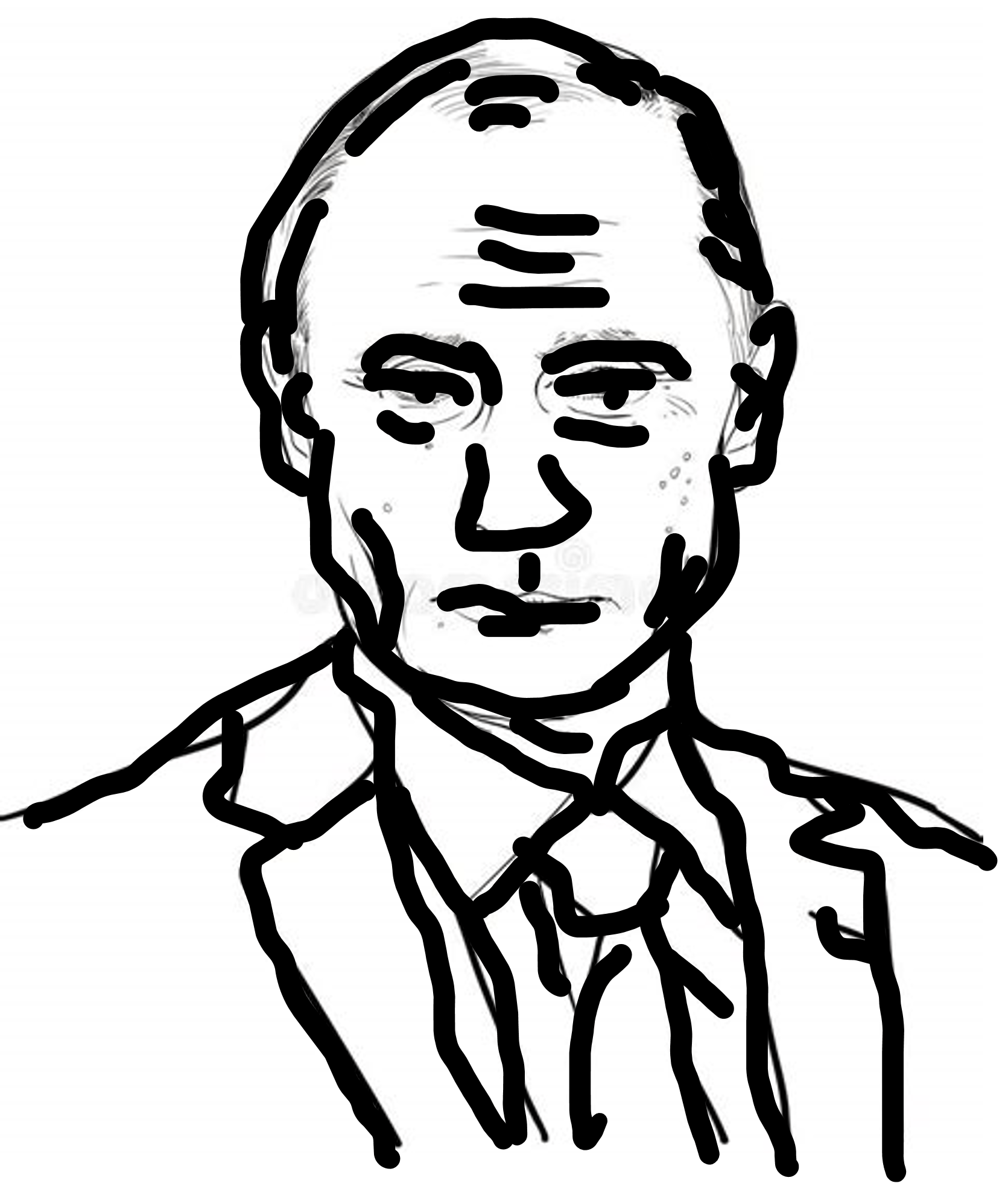The Ukraine War, also known as the Russo-Ukrainian War, is a complex and multifaceted conflict that has been ongoing since 2014. It is a war that has its roots in history, politics, and international relations, and understanding it requires a deep dive into these areas.
Why the war began?
The war began in the aftermath of political shifts within Ukraine. In late 2013 and early 2014, Ukraine underwent what is known as the Euromaidan Revolution. This was a series of protests against the government’s decision to abandon an association agreement with the European Union in favour of closer ties with Russia. The revolution resulted in the ousting of President Viktor Yanukovych and a shift towards pro-European policies.
However, this shift was not welcomed by all Ukrainians. In particular, those in the eastern regions of Donetsk and Luhansk, as well as Crimea – areas with significant Russian-speaking populations – felt alienated by this new direction. Russia, too, was displeased with Ukraine’s pivot towards Europe.
How the war progressed?
In March 2014, Russia annexed Crimea following a disputed referendum. This move was widely condemned by the international community but marked the beginning of open conflict. Shortly after, pro-Russian separatists in Donetsk and Luhansk declared independence from Ukraine, leading to a war that continues to this day.
The causes and influencing factors of this war are numerous. They include historical tensions between Russia and Ukraine; linguistic, cultural, and political divisions within Ukraine itself; geopolitical power struggles between Russia and the West; and economic factors such as control over resources and trade routes.
How to end the war?
Strategies to end this war are complex and fraught with difficulties. A peaceful resolution would likely require compromises from all sides – something that has proven elusive so far. However, some potential strategies could include diplomatic negotiations involving all parties (including Russia), economic sanctions or incentives, peacekeeping or monitoring missions by international bodies like the UN, and efforts to address the underlying issues that fuel the conflict, such as corruption, economic inequality, and political reform within Ukraine.
In conclusion, the Ukraine War is a deeply entrenched conflict with roots in history, politics, and international relations. It is a war that has caused immense suffering and loss for the people of Ukraine and poses significant challenges for regional and global stability.
The next steps are uncertain. The Minsk agreements – peace deals signed in 2014 and 2015 – have failed to bring lasting peace. The ongoing conflict continues to strain relations between Russia and the West, with potential implications for global geopolitics. However, it is clear that a peaceful resolution to this conflict is urgently needed. This will require sustained diplomatic efforts, political will from all parties involved, and a commitment to addressing the underlying issues that fuel the conflict.
